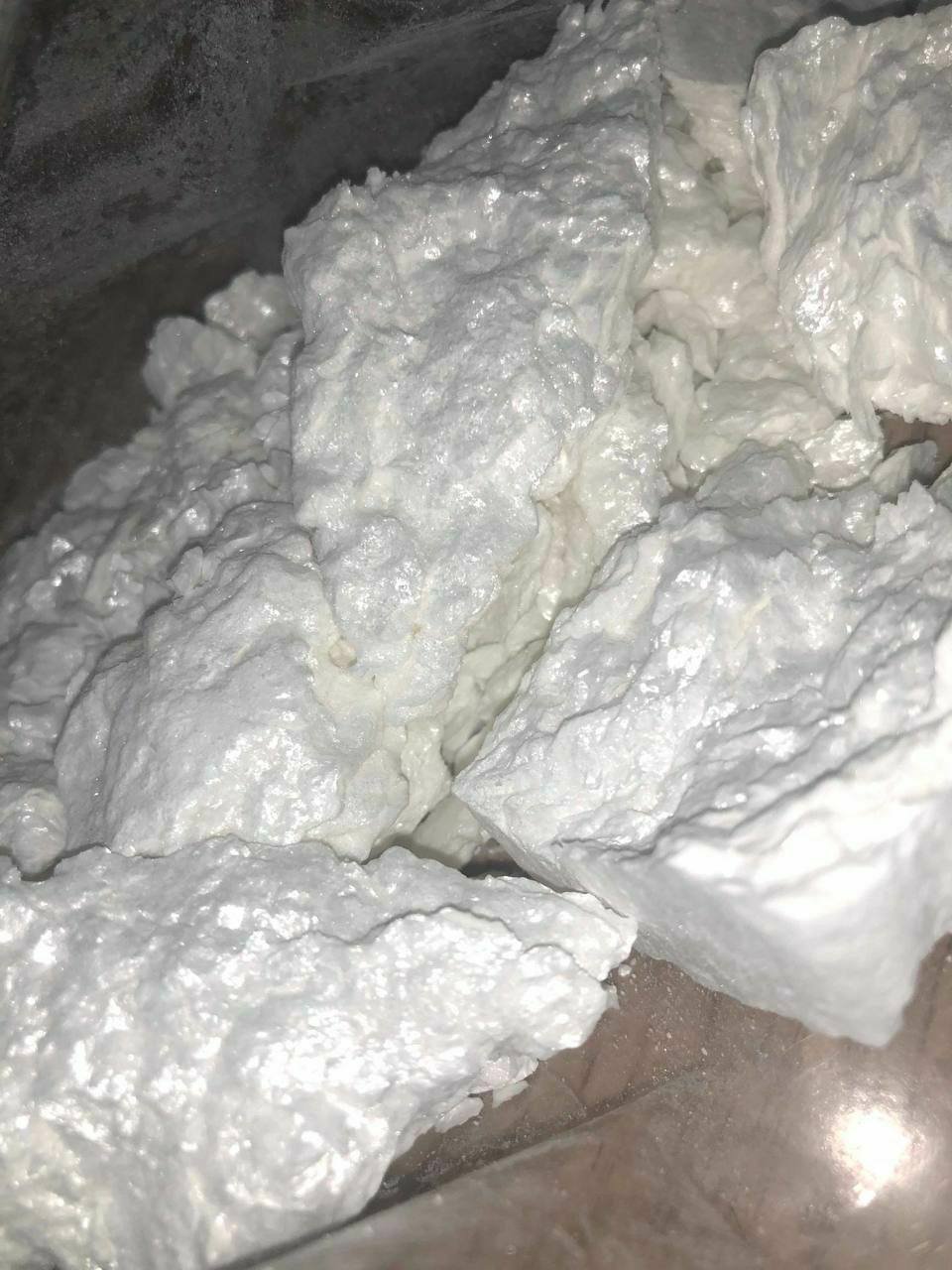Buy Bolivia Coke Online
Buy Bolivia Coke Online discreetly and with overnight shipping. Bolivia is renowned for its coca leaf production, which is vital to its cultural heritage and economy. Pure cocaine, derived from coca, has historical significance and modern implications.
Coke Bar Bolivia
Coke Bar Bolivia, to obtain pure cocaine, meticulous methods are employed, separating the substance while maintaining its integrity. Bolivian producers prioritize quality, ensuring the product reflects the natural advantages of the region’s unique soil.
Understanding Bolivia’s pure cocaine contributes to a broader discussion on drug regulation, cultural significance, and ethical consumption. Engaging with this topic helps illuminate the complex relationship between Bolivia and global drug markets.Buy Bolivia Coke Online cheap
Flake Snow Buy
Cocaine, a powerful stimulant derived from the coca plant, has found legitimate applications within the medical field, particularly as a local anesthetic. Its effectiveness in anesthesia, especially in certain surgical procedures, has made it a valuable tool for healthcare professionals. The mechanism of action for cocaine involves blocking sodium channels, which prevents nerve impulse transmission, thereby providing localized pain relief. This property has proven beneficial in various types of surgeries, particularly those involving the head and neck, such as nasal and ophthalmic procedures.
In medical applications, cocaine is often used in its hydrochloride form, which allows for a precise delivery and control over the dosage administered. This precision is crucial as excessive use can lead to serious side effects. Cocaine’s vasoconstrictive properties also aid in reducing bleeding during procedures by narrowing the blood vessels. As a result, it is particularly effective for surgeries that require minimal blood loss and heightened precision. Buy Bolivia Coke Online same day delivery in the usa.
However, healthcare providers approach the prescription of cocaine with caution. Medical professionals thoroughly assess the patient’s medical history, potential for misuse, and situational context before prescribing it. This careful consideration highlights the important distinction between medical use and recreational abuse. While cocaine may serve legitimate medical purposes, its potential for addiction and abuse necessitates stringent controls and guidelines to ensure patient safety. Extensive regulations govern its administration, and healthcare practitioners emphasize patient education and informed consent to mitigate risks associated with its use.
This information underscores that while cocaine does possess significant medical uses, a clear understanding of its risks and the context of its application is vital. This acknowledgment helps to facilitate a responsible approach toward its utilization in clinical environments, while also fostering awareness around the dangers of misuse in non-medical settings.
Risks and Side Effects of Cocaine Use
Cocaine, a potent stimulant derived from the coca plant, can lead to numerous health risks and adverse side effects when used, whether for medical reasons or recreationally. Understanding these risks is crucial, particularly as this substance can have severe implications for both physical and mental health. One of the most significant concerns associated with cocaine use is its high potential for addiction. Regular use of cocaine can foster a powerful dependency, compelling individuals to continue usage despite experiencing detrimental effects on their lives and well-being.
Cardiovascular issues represent another major risk associated with cocaine consumption. The use of this stimulant can precipitate increased heart rate, elevated blood pressure, and a heightened risk of heart attacks. Studies have shown that even occasional use can lead to these severe cardiovascular events, making it critical to consider the long-term implications of cocaine use. Furthermore, individuals with preexisting heart conditions are considerably more susceptible to the adverse effects of cocaine, highlighting the physical dangers of its consumption.
Beyond the physical risks, the psychological impacts of cocaine are equally concerning. Users may experience an array of mental health disorders, including anxiety, paranoia, and depression. Continuous use can exacerbate these conditions, leading to a cyclical dependence where users are compelled to consume more cocaine to alleviate negative feelings induced by withdrawal. It’s essential to recognize that the risks differ significantly between occasional use and chronic abuse. According to recent statistics, nearly 21% of individuals who use cocaine recreationally develop a substance use disorder, illustrating the potential transition from casual use to addiction.




Reviews
There are no reviews yet.